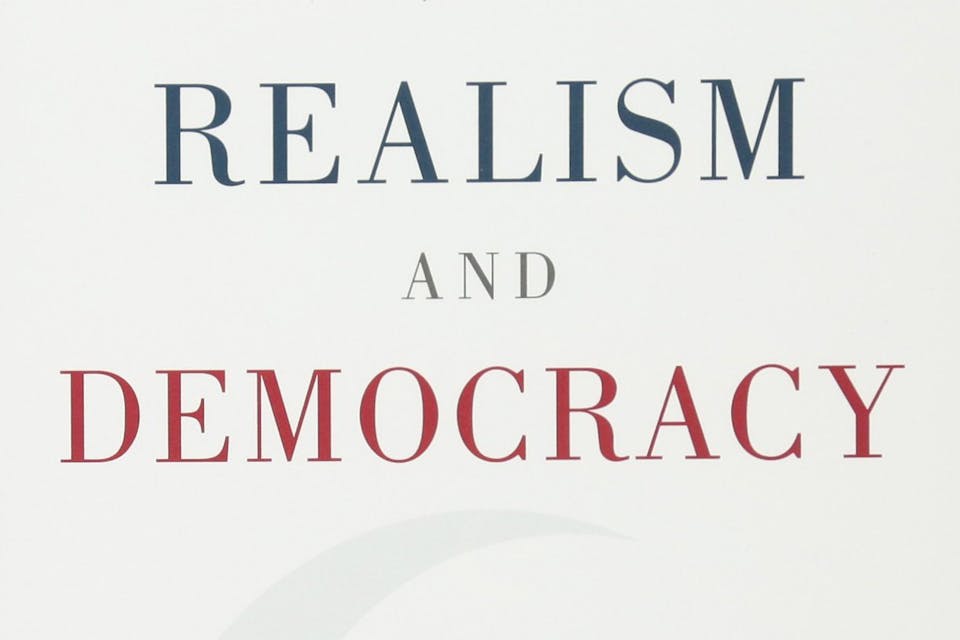
December 13, 2017
The Merits—and the Limits—of Democracy Promotion in the Middle East
In his new book, a veteran foreign-policy official and analyst provides a riveting 40-year history of the idea that human rights should be more than two nice-sounding words.
American foreign policy has witnessed quite a few knock-down, no-holds-barred battles over the past 50 years—within each of the Democratic and Republican parties, between the two parties, and, sometimes, transcending party affiliations. What makes especially edifying anything that Elliott Abrams writes on foreign policy—in addition to his insight, intellect, and wit—is that thanks to his Democrat-turned-Republican political pedigree, he has been involved in almost all of these fierce debates since the early 1970s until, as it were, the day before yesterday.
To follow Abrams’ personal intellectual history and political maturation is thus to trace an important piece of the past half-century of intellectual and political thinking in America. And that opportunity is again on offer in his new book, Realism and Democracy: American Foreign Policy after the Arab Spring. The book’s largest section, at 153 pages, is devoted specifically to the ups-and-downs of American democracy-promotion efforts in the Middle East. But no one should miss Abrams’ 91-page introduction.
This introduction is not your typical after-the-fact effort by an author trying to impart a semblance of methodological coherence to the often disparate chapters that will follow. Rather, the opening third of Abrams’s book is a riveting 40-year history of an idea: the idea that human rights and, later, democracy promotion should be not just the nice-sounding but throwaway advice we spoon-feed to dictators on the American dole or to the leaders of insignificant countries in irrelevant places, but at the center of American foreign policy and at or near the top of the agenda in U.S. relations with other great powers.